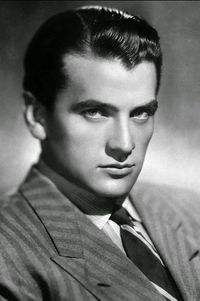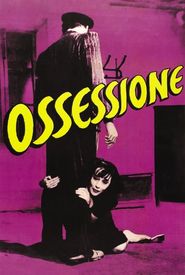Massimo Girotti, a paragon of masculinity, boasted a chiseled physique and an uncommonly handsome visage, which served him well in his early days as a polo and swimming champion. Prior to his foray into the world of cinema in 1939, Girotti was pursuing a degree in engineering, a testament to his multifaceted nature.
Girotti's inaugural foray into films was marked by a string of critically acclaimed performances in notable films such as Roberto Rossellini's "Desire" (1946),Luchino Visconti's "Obsession" (1943),and Vittorio De Sica's "The Gates of Heaven" (1945). His impressive physical stature and all-around athleticism made him an asset in action films, including the iconic "Spartaco" (1953),in which he played the role of Spartacus, a part that would later be immortalized by Kirk Douglas.
As the 1960s dawned, Girotti's career began to take a different trajectory, with him being relegated to supporting roles in swashbuckling adventures and low-budget sword-and-sandal epics. Despite this, he continued to appear in high-quality films, including Pier Paolo Pasolini's "Teorema" (1968),Bernardo Bertolucci's "Last Tango in Paris" (1972),and Visconti's "The Innocent" (1976).
Girotti's final film appearance was in Ferzan Özpetek's "Facing Windows" (2003),a production that he did not live to see released, as he passed away just a few weeks prior to its premiere. Throughout his storied career, Girotti left an indelible mark on the world of cinema, cementing his status as a true Italian film icon.











































